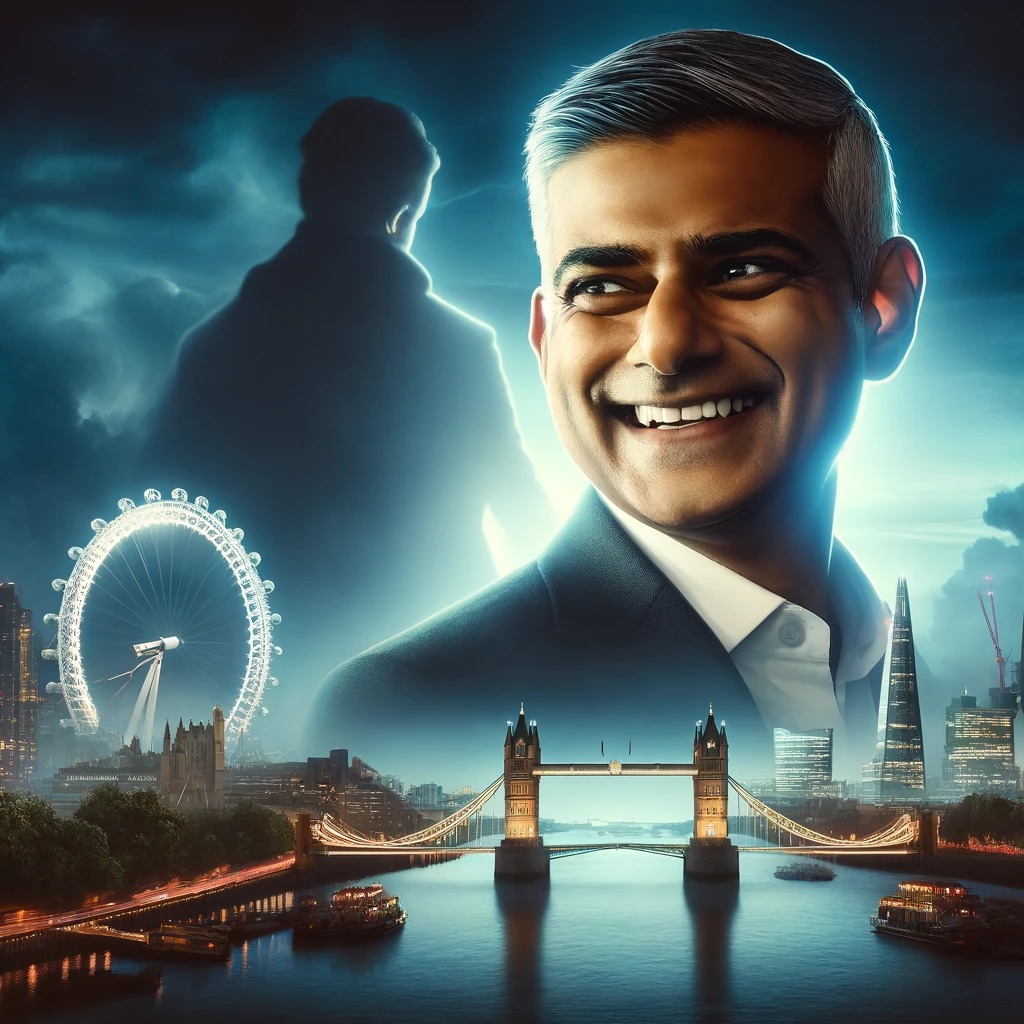COVID-19: Almost all Tier 3 areas to remain the same – with top restrictions widened for the South East
Post Desk : Almost all Tier 3 areas will remain at their current level of restrictions – but a wider area of east and southeast England will move up to the most severe measures, the health secretary has said.

Addressing MPs in the Commons, Matt Hancock said that from Saturday the following areas will move into Tier 3:
edford
Central Bedfordshire
Luton
Milton Keynes
Buckinghamshire
Reading
Wokingham
Bracknell Forest
Windsor and Maidenhead
West Berkshire
Peterborough
The rest of Hertfordshire not already in Tier 3 (Dacorum, East Hertfordshire, North Hertfordshire, St Albans, Stevenage and Welwyn Hatfield)
Surrey (except Waverley)
Hastings and Rother
Portsmouth
Havant
Gosport
t had already been announced on Monday that London and parts of Essex and Hertfordshire would move into Tier 3, with the change taking effect on Wednesday.
This latest announcement means a total of 38 million people will be living under Tier 3 restrictions from Saturday – 68% of England’s population.
In Tier 3 areas, pubs and restaurants have to close except for takeaway, while indoor entertainment and tourist venues are also shut.
However, the health secretary did say that Bristol and North Somerset will move from Tier 3 to Tier 2, while Herefordshire will drop from Tier 2 to Tier 1.
Some 30% of the population will be in Tier 2, with just 2% in Tier 1.
Announcing the outcome of the first review of the strengthened tiered system of restrictions, Mr Hancock said the UK has “come so far” in its fight against COVID-19 and “mustn’t blow it now”.
“As we enter the coldest months we must be vigilant and keep this virus under control,” he said.
“Yesterday 25,161 cases were reported and there are 18,038 people in hospital with coronavirus in the UK. We must keep supressing this virus.”
Mr Hancock urged people to take “personal responsibility” in keeping COVID-19 under control, adding: “It’s so vital that everyone sticks at it and does the right thing, especially over this Christmas period.”
The health secretary said case rates in the south of England have increased by 46% in the last week, with hospital admissions rising by more than a third.
In the east of England, Mr Hancock told MPs that cases were up by two-thirds while hospital admissions have increased by nearly half in the last week.
The health secretary said he “regrets” moving more areas into Tier 3, but insisted it was “necessary”.
However, a number of Tory MPs and local leaders have voiced their disappointment.
Stevenage MP Stephen McPartland said it was “ridiculous that we are being dragged into Tier 3”, while Altrincham and Sale West MP Sir Graham Brady said the news that Greater Manchester will stay in that tier will be “greeted with dismay”.
Another Greater Manchester MP, Labour’s Andrew Gwynne, said: “It seems we are trapped in this system arbitrarily which was always my worry – and despite our cases dropping, we are now being held back because of the utter mess government has made of its Christmas relaxation rules.”
Dan Jarvis, mayor of the Sheffield City Region, said remaining in Tier 3 was “absolutely the last thing our communities and businesses wanted to hear” and represents “another hammer blow to follow so many others”.
“Once again, mayors and local leaders have been cut out of the decision-making process and not even afforded the basic courtesy of being consulted, or informed in advance, about this decision,” he added.
Labour leader Sir Keir Starmer said he feared the tiered system was “just not strong enough to control the virus”, with “numbers going in the wrong direction across the country in the last seven days in particular”.
And he criticised what he said was a lack of clarity from ministers about what people should do.
“The messaging has been all over the place – work at home, don’t work at home, go out to eat, don’t go out to eat, enjoy Christmas, have a small Christmas,” he said.
Responding to Mr Hancock in the Commons, Labour’s shadow health secretary Jonathan Ashworth said the party accepts and understands why parts of England have been moved into Tier 3, “even though this means tens of millions of people…are now living under the toughest restrictions”.
However, he questioned the wisdom of the imminent relaxation of coronavirus rules over Christmas.
He said: “This isn’t about cancelling Christmas, Santa will still deliver his presents, but is (Matt Hancock) really telling us that allowing indoor mixing of three households across regions and generations for five days is sensible given the virus is raging with such ferocity at the moment?”
Sir Keir said Boris Johnson “needs to show leadership” over the Christmas situation instead of trying to “shift the blame” to families.
From 23 to 27 December, people across the UK will be able to mix in private homes with those in their “Christmas bubble”, while travel restrictions will also be lifted.
However, there has been a decided shift from the UK government and the devolved administrations of Scotland, Wales and Northern Ireland since the initial announcement that restrictions will be eased over the festive period.
Addressing a Downing Street news conference on Wednesday, the prime minister urged the public to see festive bubbles of up to three households as “maximums” rather than “targets to aim for”.
The Welsh government has announced it would be putting its new guidance on limiting Christmas gatherings to just two households into legislation.
Scotland’s First Minister Nicola Sturgeon has recommended that those people forming a Christmas bubble should only meet up on one day and not stay overnight “unless it is unavoidable”.
In Northern Ireland, First Minister Arlene Foster said the public must take “all and every precaution” at Christmas and that proposals for further restrictions would be brought forward.
Analysis: Significant loosening of tiers risked further muddling government’s message
By Rob Powell, political correspondent
When England emerged from lockdown a fortnight ago, noises coming from government pointed to this week as the moment where an unapologetically stringent regime of tiers could loosen.
A potent mix of public health and political messaging has now made that untenable.
The national context was shifted by a surge in cases in London and the South-East, combined with worries about the Christmas reprieve.
New toughened guidance for the festive period already cuts across the letter of the law.
A significant loosening of tiers would risk further muddling the message.
But that’s not to say the politics of this is easy for the government.
A vast majority of the areas in the south east moving into tier three are held by Conservative MPs.
Expect criticism from backbenchers about why decisions haven’t been made on a more granular level.
For instance, Berkshire has been put into the top tier, despite differences in rates between urban Reading and the more rural western parts of the county.
Greater Manchester is also once again likely to prove a point of tension.
Local MPs are already pointing out that parts of their region have lower rates than bits of Bristol – a city that has now been bumped down a level.
None of this will present the government with a tangible risk in the chamber though, as no vote is required to bring in the changes.
But there could be trouble come the new year when a vote is needed to renew the restrictions.





